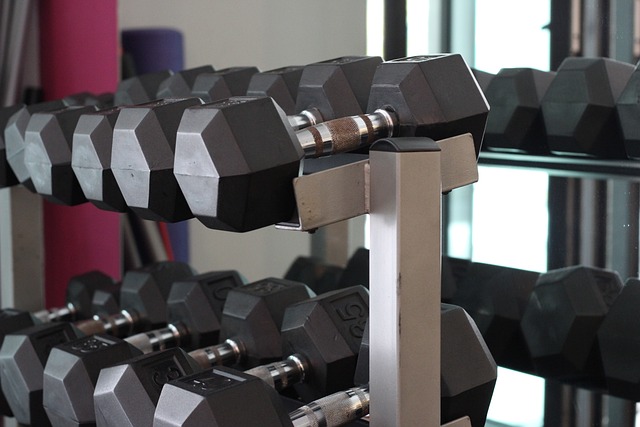 Oral hygiene might not be the first thing you think about when it comes to self-care. But neglecting to properly care for your teeth can come with consequences.
Oral hygiene might not be the first thing you think about when it comes to self-care. But neglecting to properly care for your teeth can come with consequences.
When bacteria are left to fester in your mouth, cavities form. Additionally, you could be placing yourself at high risk of periodontal disease.
According to the CDC, poor oral hygiene can cause serious problems such as heart disease, stroke, and diabetes. Cavities and gum disease, if not treated, can result in teeth loss. When missing teeth are not replaced, you lose the ability to chew on foods that the body needs in order to maintain good health. Thus, creating a nutritional deficiency. Outside of hygiene care being essential for your health, good oral care includes taking care of your smile. Being confident in your smile can help you be outgoing and more confident in your relationships.
Ready for tips that will your teeth healthy and strong and your mouth in good oral shape? Here are 3 tips to keep your mouth in the best condition.
1. Make dental visits habitual
Do you only go to the dentist when you are in pain? It is not surprising then that you have negative associations with your dental appointments.
Want to scale back on future dentist trips? It might surprise you to hear that one of the best ways to practice preventative dentistry is to make dental visits habitual.
Going in for regular teeth cleaning once every 6 months to a year will help ensure that no issues have arisen since your last session. Your dentist can alert you to potential trouble spots and can counsel you on how to keep your teeth in good health and your smile bright.
By making your dental visits a regular occurrence, you will be making oral hygiene a solid part of your life. Not something that you take care of only if you have time.
Tip: As you finish up your dentist appointment, make your next appointment. This way you can save yourself from having to call in later toschedule onein.
2. Develop a daily oral hygiene routine.
No matter how many times your dentist tells you to floss, do you still find it difficult to remember to do? According to the American Academy of Periodontology, 27 percent lie to their dentist about flossing habits.
It might be your shameful secret, but your dentist can tell when you regularly skip a session. Flossing is essential for gum health and prevention of cavities. And if you have a crowded teeth line, flossing is a better way of getting stubborn bits of food out from between your teeth.
Chances are you know all this stuff, but you just have not found a way to make the habit stick.Enter the power of starting small and building from there. Instead of looking at flossing as a huge habit that you need to build, pull out your floss every evening before you brush your teeth. The act of pulling it out will prompt you to go through the rest of the motions. By focusing on first steps, you will find yourself avoiding the trap of overthinking it.
3. Be aware of what you eat.
Do you drink juice or soda all day long? If your answer is yes, do you rinse your mouth out with water afterward?
Sodas and juices are loaded with sugar and drinking them exposes your teeth to sugars that need to be rinsed away.
If you can’t be bothered to rinse after drinking a juice, then a better option is to stick with water. But sugary drinks are not the only culprit when it comes to sugar. Also, beware of candies, your midday snack, and any time you eat without following it up with rinsing your mouth or brushing your teeth.
It is not all bad news for food lovers, though. Thankfully, there are also good foods that can help protect your teeth. Calcium-rich foods protect the bone health of your teeth and strengthen the teeth’s enamel.
Dairy foods, such as milk and cheese, are high in calcium. If you cannot eat dairy, there are many other foods that can serve as a calcium source. Seeds are high in calcium. Almonds are high in many nutrients, including calcium. Sardines and canned salmon have soft edible bones making this fish a heart-healthy calcium choice. One cup of cooked beans or lentils can deliver up to 24 percent of your daily calcium requirement.
Brought to you by our friends at celebritydental.com.










